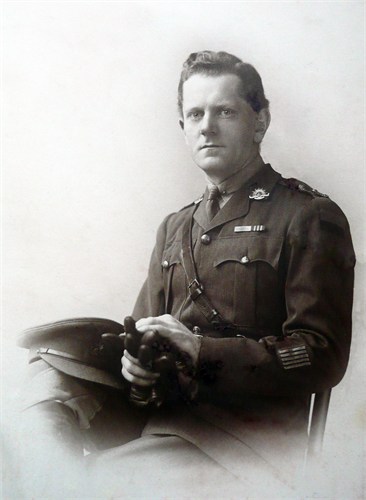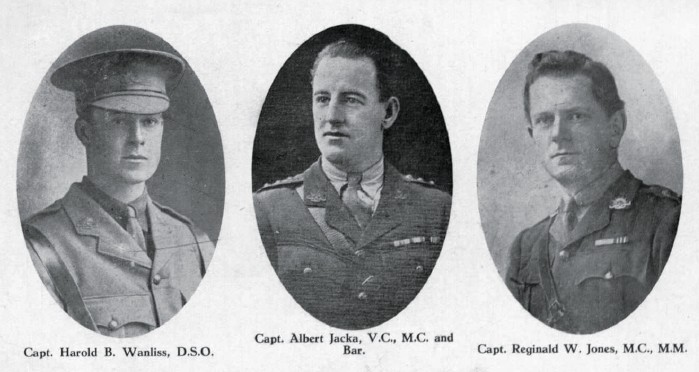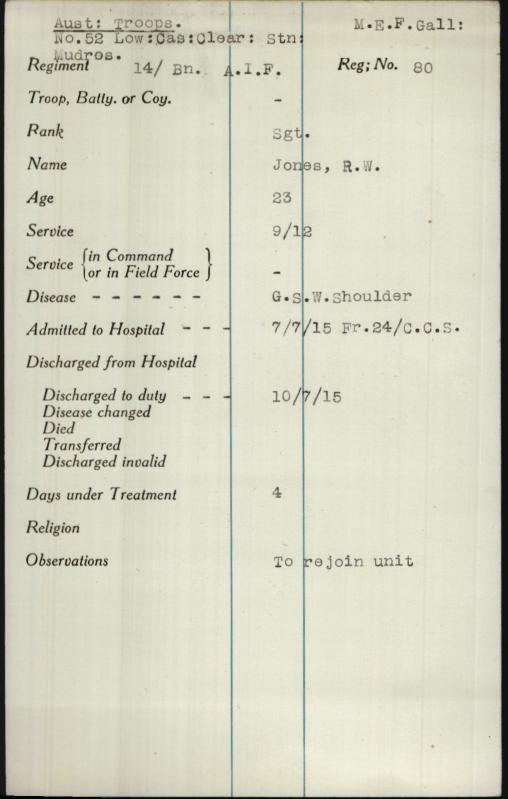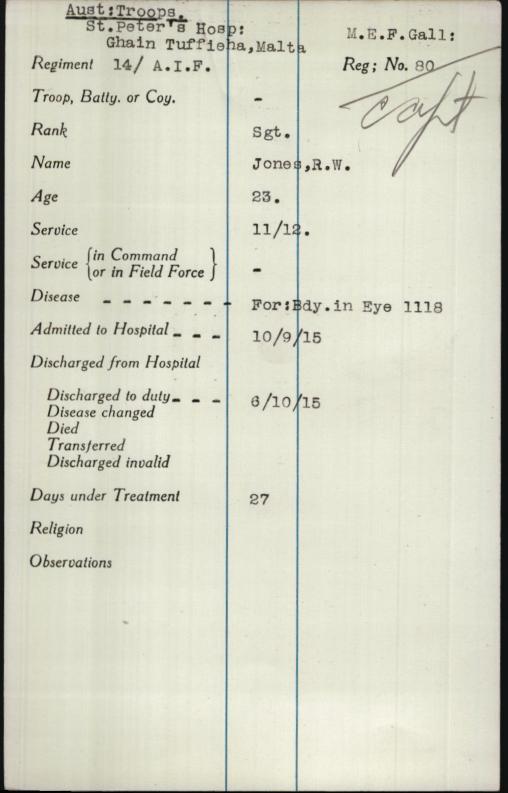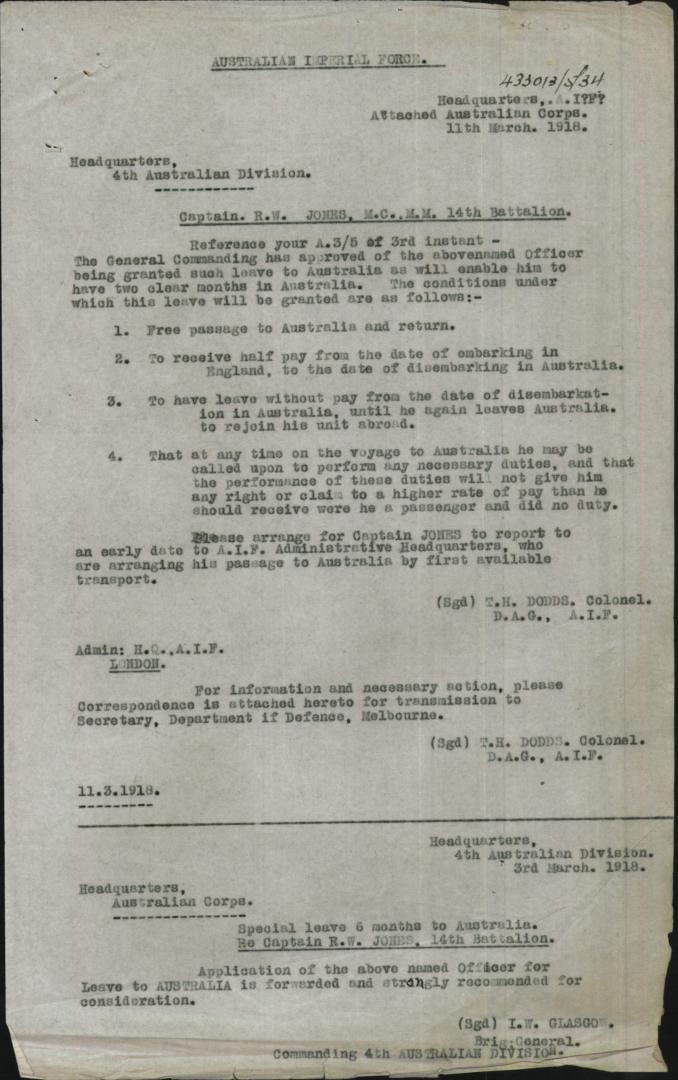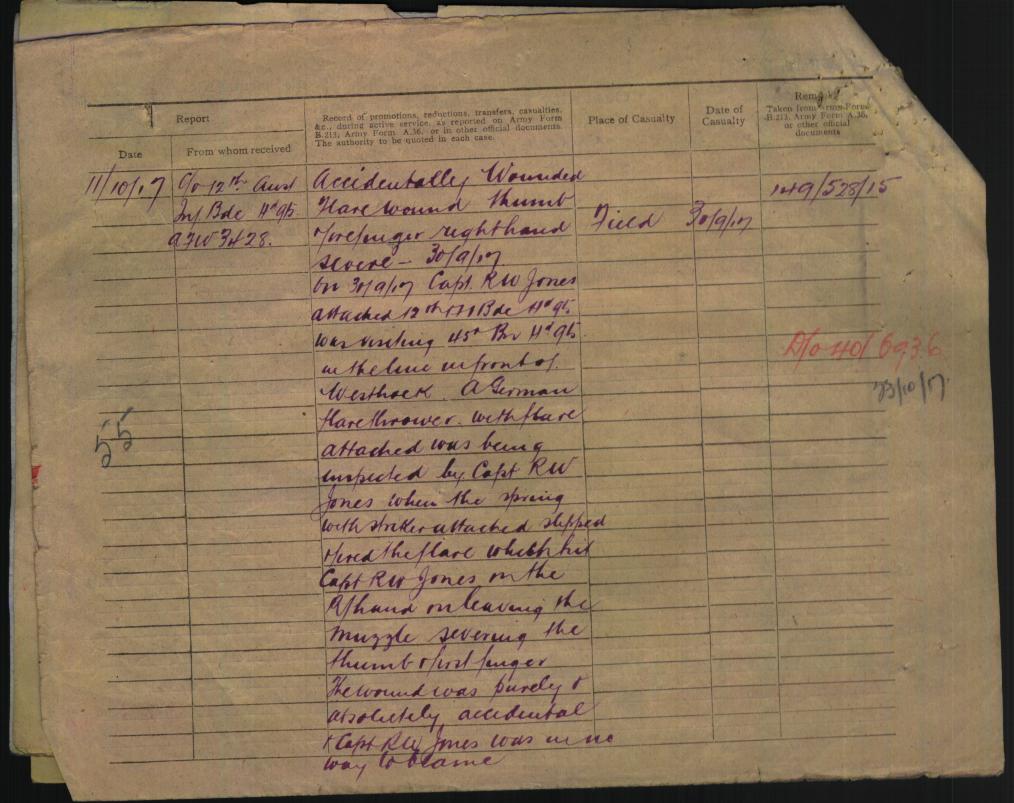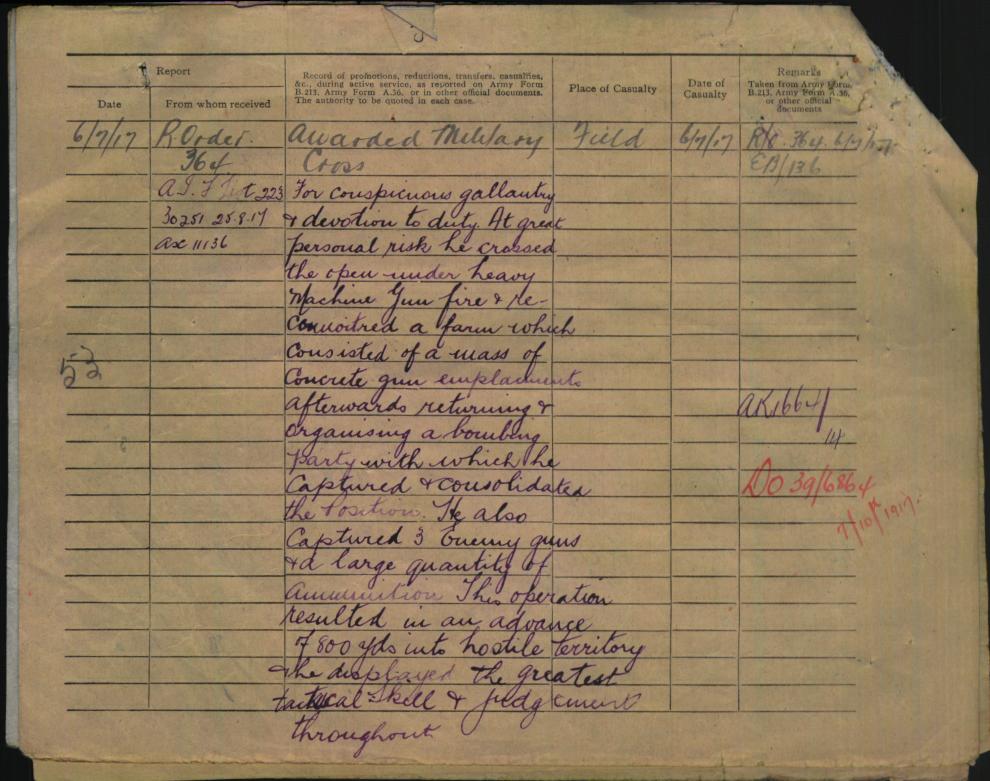
Developing entrepreneurial projects is a full-time job and one that makes you think about society. After all, your efforts will only prosper if you have correctly diagnosed a need and can muster the resources to serve it. However, while the entrepreneur aims to serve society they may feel a little distant from it sometimes.
Without being too sentimental, I think the role can be likened to a Lighthouse Keeper. You are liable to feel very alone a lot of the time, endure some punishing storms, and have no response to hazard but to shine a light in one particular direction while in constant motion.
That pretty much sums it up, in my experience, so far.
In addition to building a financial advisory firm and a visual analytics agency I am also embarked on a much slower burn and longer term project. This is Alphaxon Research LLC, a project dedicated to the physical and engineering sciences.
When you take on too much, it makes you think carefully about what you are trying to achieve. Organisations are very much different from individuals. If they are built and directed correctly they can accomplish a great deal more than any single individual can. This is the biggest reward and single greatest stumbling block for any entrepreneur.
How do you envision something large and worthwhile with a manageable track into the future? It must lead to something great, by a series of small steps and jumps.
For my first two ventures this has been hard enough and is a full time job. However, for the third venture – Alphaxon Research LLC – I believe it may prove strangely simpler.
How so, you ask? Well it comes down to the value of an idea and the Arts of Persuasion.
If you know there is a body of ideas, already out there, which are objectively undervalued and yet socially useful then you are in a good position to build an organisation by simply recognizing that hidden value. The folks who thought of them will benefit by being recognized, society will benefit by applying the ideas in commerce.
That is a pretty simple business plan and it arises spontaneously in a very peculiar place.
That place is Theoretical Physics.
Surely not, you exclaim! Are they not the people who constantly turn up on cable television explaining how weird and wonderful the Universe really is because it all popped out of a Brazil Nut? The same folks who worship God Particles?
Yes indeed, the very same… Where is the value, though?
One would have to admit it is hard to see:
- Engineering is useful because it makes my car go
- Chemistry is useful because it cures my headache
- Biology is useful because it puts food on the table
- Physics is useful because… it says we popped out of a something which was really a nothing! Then everything went Kablow and later will go Kerplunk, just be happy.
Yes, I do see your point. It is pretty hard to take such an area seriously.
You would not (sensibly) put any money in it.
The key issue is that contemporary Physics would like to be Top Dog and for that you need Big Claims. The World Religions certainly have one eternally large Big Claim:
We know where you came from and how to live properly so you don’t burn in Hell.
Faced with this chestnut, Physics (so far) seems to have upped the ante.
Cue Physicist in Ermine-Collared Purple Robe who intones: We know…
- Where you and everything else came from.
- Where you are going over the next billion years.
- Why everything is actually meaningless and absurd.
- Whose new book to buy to celebrate that – Gee, Hey Wow!
Whenever people express doubt, there is a simple follow-up punchline:
This subject is so impossibly complicated that you will never ever understand it!
Call me an irascible Old Mongol, but that is not what I signed up for as a student. Physics does not seem to me to be an effective substitute for Religion. A good Religion can be as complicated as you like, but good physical theories should be simply intelligible. Just be practical about it and quit with the High Priest nonsense.
If you cannot give the masses eternal life, then give them affordable space travel.
You see, I was born into a deeply religious family but have always myself been an atheist.
I formed the view that my family were perfectly entitled to their inner spiritual world. It did not bother me one bit that I did not believe in God, and had no earnest desire to know where I came from, apart from my good Mum.
As far as I was concerned, human beings are perfectly entitled to their own inner reasons for being, belonging and thinking about their own destiny in a way that is meaningful to them. For me, that was creativity. The ability to have an idea and make it happen.
Physics is never going to provide Society with such deep meaning on a spiritual plane.
What I did care about deeply was understanding my world for practical purposes. If God, according to my parents, had created the world in Seven Days then think what I could do in Three Score and Ten Years with a Laboratory of My Own?
That is why I found Physics interesting. It told me something of how things might turn out if I tinkered with them in a particular way. What it did not tell me (then) was that there might be 10500 universes next door. If Physics could sell me a ticket to visit those places then I might conceivably care. However, at present, it cannot and something tells me that it never ever will. Package tours of The Landscape is not a business plan I would back.
That might seem deflating to some but it feels grounded to me. Hence my entire interest in Physics is practical. What can we do with it, now? How can it be made both Simpler and still Highly Effective? Can we teach QFT in high-school? And Warp Engineering?
I don’t mean unimaginative practical. I don’t mean what can we do which will please the Accountant Upstairs. I mean where are the gaps which could be addressed with a bit of blood, sweat, tears and application. The market here seems to be wide open. Nobody seems to be competing on simplicity.
What has created this market is the Publish-or-Perish Academic Imperative. When the product is scientific papers which are hard to read and stuck behind pay-walls you have a clear accessibility issue. If it were Sim Universe 1.0 which you could fire up on an iPhone then you might think differently. Particularly if the market competed on speed, accuracy and fidelity of simulation. That is the ultimate peer review, repeat paying customers.
When your entire business model is to seek grants to write papers nobody ever reads to get more grants to write yet more papers then you have a problem. You do not actually have a business. It has no discernible customers and cannot ever scale. Physics has become a Ward of the State which is why it seems to want to become the State Religion.
Even a Dope Head on a Methadone Program has more self-knowledge than this.
It seems that the Physics community has learned that if you make some outrageous claim then everybody will sit up and take notice. Some journalist will write up the “New Physics” and, having noticed the splash, lots of other folk will follow in the wake and publish scads of papers. Everyone is happy, because they got to be funded for another round and their H-indices go up as the paper trail gets down to why it was all wrong anyway.
Some people clearly love this game. However, I work in commerce and industry. If you play that game in a profit-driven enterprise you will get shot, and for good reason. It does nobody any good to spin wheels and waste valuable resources on nonsense research. Sure, I know about academic freedom and the Great Unexpected but I also know about Snake Oil. There seems to be a lot of it strewn about the landscape.
I suspect that everyone with a stake in the future of science is probably digesting their own views on these topics right now. The fact that we reached this juncture is the fault of no individual. Social systems evolve means and ends and then scale those to prosperity. However, sometimes they also need to re-evolve for future fitness.
I think that the evolution will take place around the nature of The Product and finding more appropriate paths to Commercialization. For the physical sciences, I think the product is Patents, Materials and Designs plus Software. Nothing very new, there.
However, the game changer will be organizational Design for Networked Simplicity. To understand what I mean we must make a digression on entrepreneurship.
I have observed both Academic Research as an Academic and Commercial Practise as a Business Person for about equal times (fifteen years). What I (personally) have concluded is that they are both broken in an essentially similar way. The creative individual has been dis-empowered by hierarchy and bureaucracy. Faced with this situation, the rewards to creative effort seem to have been dissipated in ways that reward errant behaviors.
In Corporate life it is the time-honored problem of credit and blame shifting that any hierarchically structured social system will spontaneously generate.
How about I manage you? If things work it is good for me but if they fail it is bad for you.
This particular problem is absolutely chronic in these depressed economic times. It is a rare manager indeed who can re-direct such errant social dynamics to positive ends within a large organization.
In contrast, Academic life seems to be suffering from the politics of the Group Filibuster.
Gee new discoveries are great, but then what happens if it is not me who made them?
This leads to a related social disease. In such an environment, the importance of any particular result becomes socially negotiable. How about we form cliques of specialized research interest and vote our own work? This is a very natural phenomenon and feels right socially. It is social to make friends and to really like their work.
The problem with that is that Science is not really about socially negotiated truth. What matters is what is right and only Nature gets to decide what is truly right about her. Furthermore, the really historically important discoveries tend to be disruptive of the old order. They cut clean across the concept of “like” – Nature cares little for that word.
You know the usual examples: Copernicus, Galileo, Kepler, Newton, Einstein, Bohr etc
If society wants to enjoy the profits of understanding, which flow from deeply disruptive questioning, then we need to make eternal room for those with such ideas to present them. We need to ensure people are not socially rewarded by acting to stop effective change from happening. Sadly, this does not appear to be happening (much) in mainstream Corporate or Academic life.
Where it is clearly happening is in the distributed systems of knowledge, collaboration and communication displayed by the Internet and all the attendant entrepreneurial dynamism. The Internet era has cemented this as the one defining revolutionary value proposition of our age. It started with a machine protocol to seek out communication partners and reliably route data packets without blockage. A global society of friendly hosts was born, one that is transparent for communication.
Now those clever humans have found a way to construct a Social Network Layer which reliably routes important and valuable ideas from one clued-up person to the next clued-up person without risk of blockage, wherever they may be, across organisational, institutional and cultural boundaries. The Internet is a distributed network for disseminating ideas without Bureaucratic Interference or the Group Filibuster of any Self-Anointed Priesthood. What we have evolved is a social network that is transparent to innovation.
In the industrial style capitalism, it was very important to have fixed assets. The Steam Age required corporate, legal and social innovation to accumulate such fixed capital. Someone working in the new mechanized industry needed access to plant, networks and systems that were expensive to muster. In that world we rewarded the capitalist investors who supplied the monetary and organisational means to achieve that.
However, in our world today it is not surprising that this system is failing. People are not plant and ideas can flow freely via the internet. It is debatable why any individual should aspire to work as labour in a traditional corporate structure.
Creative folks must now separate their ideas from their labour.
Thus we can see the world of the steady job being supplanted by globally networked creativity: self-publishing; remote working; creative agencies; blogging; skype services etc etc. Arguably, this should be better in the long run. Old style corporate entities can no longer own and control those ideas on an exclusive basis. The digital creative person has ways and means to effectively route around any rent-seeking blockage. Once you reflect on this, it is easy to see why Open Software succeeded and why Open Science is now taking off.
With these asides, let us now return to the problem of physics and its business model.
Concerning the balance of motivation, there is this gem attributed to Einstein:
When he was asked what would be his favorite job, Einstein replied a lighthouse keeper so he would be “by himself”,
This is how I feel about entrepreneurship. It is all about the possible against a balance of imponderable risks. The entrepreneur is that person who seeks a safe place to look out from and see the future. The important thing is certainly vision but it has to be an objective vision. Unless there is some real need to be served, some real value to be delivered there is only ego and snake oil.
With these remarks made I will share my vision for the long project.
I see unrecognized value in Academic Physics around the many new ideas it has rejected.
It seems to me that there is already (substantially) a New Quantum Theory in print. It has been there for some twenty or thirty years now, growing steadily over time. It builds upon ideas with an outstanding scientific pedigree (Einstein, de Broglie, Schroedinger) but is the work of many people. It uses the previously rejected, but easily visualized, Schroedinger interpretation, employs nonlinear equations and is many ways simpler.
Most importantly of all, it is well suited to practial implementation on computers.
There is one central piece that is not completed, however. That is QED 2.0, the rebuilding of Quantum Electrodynamics so that it is correct in predictions, makes physical sense and is effortlessly related to the classical Engineering Electrodynamics. This is the bit I think folks can get done in short order with an entrepreneurial approach.
With this in mind I am launching QFT 2.0, a project to assemble and disseminate the unrecognized bits and pieces of the New Quantum Theory that I am alluding to. This project is focused on physical simulation software as the initial product.
There is much that has been done already but I must say I have been surprised. I think the Group Filibuster of the traditional academy has only served to dam up an extraordinary array of unrecognized new results which should properly be assembled in the one place. Forget about quantum computers in fifty years time. They are here today!
I think (personally) that QED 2.0 will prove more effective in commercial computations: in quantum electronics; superconductivity; quantum chemistry and quantum materials science. In the rejected ideas of the Academy I see opportunity to grow new industries.
I mentioned that this project was all about one thing: persuasion I have persuaded myself that Quantum Field Theory 2.0 – the finite son of the original – is feasible and doable.
With P.T. Barnum as my witness, I could do it alone, but any help is welcome.
New theory coming… Ready or Not!
That is my long vision from the Lighthouse.
